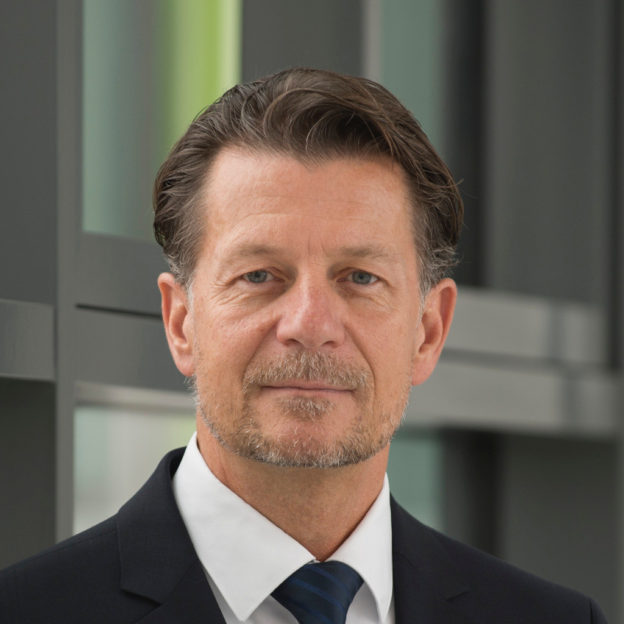The recently introduced policy document on G20 devotes a significant portion to innovation, technology, and R&D, including Germany-led Industry 4.0, Artificial Intelligence, and the promotion of 5G/6G technologies and start-up ecosystems.
Germany is India’s closest partner in research and innovation which has only strengthened over time. Today, more than 35,000, Indian students of STEM studies have chosen Germany as a preferred destination to pursue higher education. Indo-German ties were reaffirmed last year by the India-German Green and Sustainable Development Partnership (GSDP), leading to the emergence of Germany as one of India’s prime partners for technological collaboration. The recently introduced policy document on G20 devotes a significant portion to innovation, technology, and R&D, including Germany-led Industry 4.0, Artificial Intelligence, and the promotion of 5G/6G technologies and start-up ecosystems. India and Germany appreciate the existing collaboration between Indian Research institutes, such as IITs, ICMR, IIMs, Indian Institute of Science Education Research (IISER), and TERI, and German Research institutes such as Fraunhofer, Max Planck Society (MPG), and German Research Foundation (DFG) among many others.
Collaboration between India’s Department of Science and Technology (DST) and Germany’s Fraunhofer-Gesellschaft on Green Hydrogen is a massive step towards firming Hydrogen Energy Clusters being set up by DST, integrating Fraunhofer-Gesellschaft’s technologies with Indian technologies, and long-term technology development in the areas of renewable energy.
Ahead of G20 Summit in New Delhi, Financial Express Online asked Dr Markus Wolperdinger, Director, Fraunhofer Institute for Interfacial Engineering and Biotechnology (IGB) about how Europe’s biggest applied Science Research organization sees India’s growth in crucial matters of sustainable development and circular economy.
How can Germany and India benefit from Fraunhofer IGB research and technologies for health, sustainable chemistry, and the environment?
The Fraunhofer IGB is very broadly positioned with its focus topics on health, environment, and climate protection as well as sustainable chemistry which enables us to think beyond boundaries and to advance our research for a healthy human being in a healthy environment. This benefits not only our partners in industry but also society as a whole. We consider that mastering the transformation of the (chemical) industry will require joint global efforts, including for instance a strong cooperation between India and Germany as well as other countries. As mentioned before, Fraunhofer IGB has a track record for scaling up chemical and biotechnological processes that are based on regenerative resources. Hence, we see a high potential for collaborations with India’s exploding start-up scene in this area.
Energy, waste, and water management are the core areas where the government of India is working to improve environmental conditions. How can Fraunhofer help India to deal with energy, waste, and water management issues? What role can Fraunhofer play to aid the government of India with modern technology solutions regarding the same?
At Fraunhofer, we have developed efficient ways to treat wastewater. For instance, at Fraunhofer IGB we have deep experiences and even more innovative ideas to deal with water management issues effectively in order to reuse wastewater and save water resources.
Similarly, Fraunhofer IGB is part of the Fraunhofer Energy Alliance, which includes the competencies of 20 Fraunhofer institutes, all devoted to improving energy use and storage. The Fraunhofer Alliance focuses on several topics, including digitization of the energy world, renewable energy sources, energy systems analyses and energy storage technologies, as well as energy efficiency technologies and components for buildings, districts and cities.
In addition to our expertise in innovative research, Fraunhofer institutes are also experienced in advising policymakers on developing successful frameworks for the transformation to a circular economy.
The topic of the Circular economy is slowly gaining traction in India. How is Germany addressing this topic and what is the role of Fraunhofer?
In Germany, the circular economy has gained much attention and has been an incremental part of politics and the economy during the past ten years. Several federal states in Germany have already passed legislation or are about to do so, focusing on the transformation of the industry from fossil-based to bio-based resources and production. Politics support the progress to a circular economy through several funding programs that help industry and applied sciences to improve their efforts in research and to foster a fast transfer into application.
However, we also face some challenges since the industry often does not see the need for immediate change. In combination with the presently higher costs of bio-biobased production compared to fossil-based ones, it is difficult to emphasize the importance of change.
As the largest institution of applied research in Europe, Fraunhofer is in close contact with industry and politics. Thus, it is excellently predestined firstly to make suggestions for improving the framework conditions through politics, and, secondly, to drive implementation in industry through innovative research.
Can you share some best practices around bio-economy and biological transformation which are already successful?
One main success factor of Fraunhofer IGB is our scale-up abilities. Our research does not stop in the laboratory but goes all the way to industrial application. A very good example is wastewater treatment facilities which already use wastewater as a resource e.g. for phosphorus and nitrogen compounds.
Another exciting example of green chemistry comes from the Fraunhofer Centre for Chemical-Biotechnological Processes CBP, a branch of our Institute, in cooperation with the Global Bioenergies S.A. Company, we have built a demonstration plant, which, for the first time, produced isobutene from renewable raw materials instead of petroleum.
https://www.financialexpress.com/business/defence-germanys-fraunhofer-to-boost-indias-start-up-ecosystem-with-innovation-3229272/





